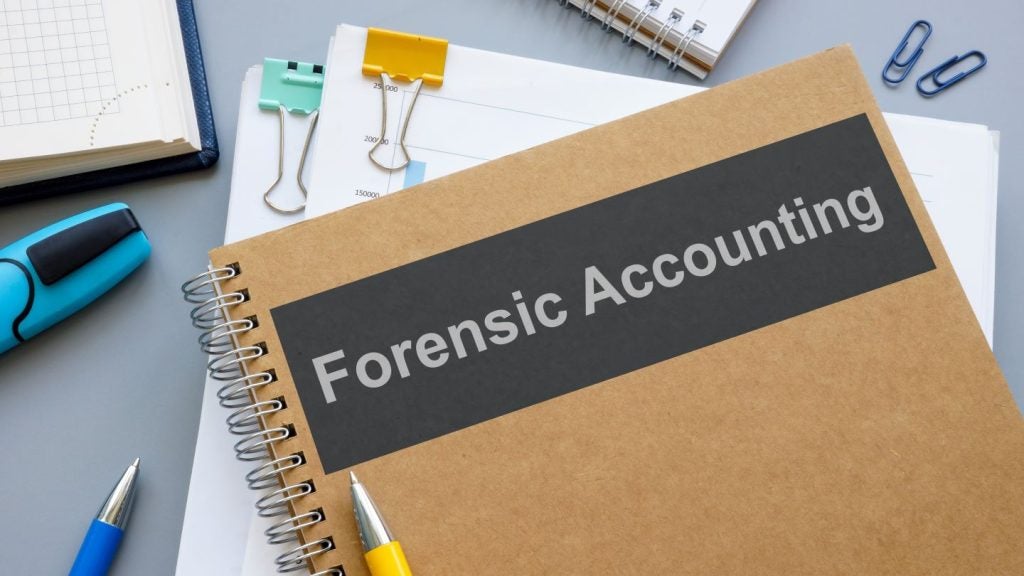
The Institute of Chartered Accountants of India (ICAI) has submitted its detailed suggestions for the comprehensive review of the Income-tax Act, 1961.
This move aligns with the Finance Minister’s budget speech for financial year 2024-25, which called for the simplification of tax legislation and a reduction in disputes and litigation.

Access deeper industry intelligence
Experience unmatched clarity with a single platform that combines unique data, AI, and human expertise.
A committee at the Central Board of Direct Taxes (CBDT) level has been tasked with this review.
The ICAI’s recommendations include a range of measures to simplify the income-tax law, such as eliminating outdated chapters, sections, and schedules.
They also propose a special tax regime for partnership firms and limited liability partnerships (LLPs), along with the simplification of income tax return forms.
These suggestions aim to mitigate litigation and reduce the compliance burden for taxpayers.

US Tariffs are shifting - will you react or anticipate?
Don’t let policy changes catch you off guard. Stay proactive with real-time data and expert analysis.
By GlobalDataIn its Pre-Budget Memorandum for 2025, the ICAI advocates for tax reforms that support economic growth and environmental sustainability.
The institute suggests tax benefits for climate change mitigation strategies, which is expected to contribute to India’s climate goals while promoting sustainable business practices.
This aligns with the Budget’s fifth priority to incentivise property ownership among women by reducing stamp duty and suggests removing restrictive deemed ownership provisions.
The ICAI also recommends introducing a new category for income from shares and securities, which would cover the taxability of dividends, interest, or capital gains.
They call for rationalising conditions for treating a return of income as defective in the e-filing regime and providing an opportunity to be heard before a defective return is deemed invalid.
To simplify capital gains provisions under sections 54 to 54F, the institute suggests extending a ten 10% tolerance band where value is determined by a valuation officer under Section 50C(2).
They also recommend rationalising the tax rate under Section 115BBE concerning cash credits and unexplained investments.
The ICAI proposes that a chartered accountant’s report certifying the taxable amount should replace the process of obtaining a certificate for lower tax deduction from an assessing officer when a non-resident transfers property to a resident.
They also recommend exempting the transferee responsible for payments to a non-resident transferor from the requirement of obtaining a Tax Deduction Account Number (TAN).
The final recommendations from ICAI for simplifying the I-T Act include introducing a special tax regime for partnership firms/LLPs, simplifying the registration and taxation of charitable trusts, and clarifying provisions for determining individuals’ residential status.
They also suggest aligning Tax Deducted at Source (TDS)/Tax Collected at Source (TCS) rates with audit trail objectives, periodically reviewing case disposals by assessing officers, setting mandatory time limits for appeal disposals, and establishing a grievance redressal mechanism.
The announcement comes after the National Financial Reporting Authority (NFRA) received clarification from Solicitor General of India Tushar Mehta regarding the ICAI’s authority.
He confirmed that the ICAI is not authorised to independently issue or amend standards on quality management (SQMs) or auditing norms.






